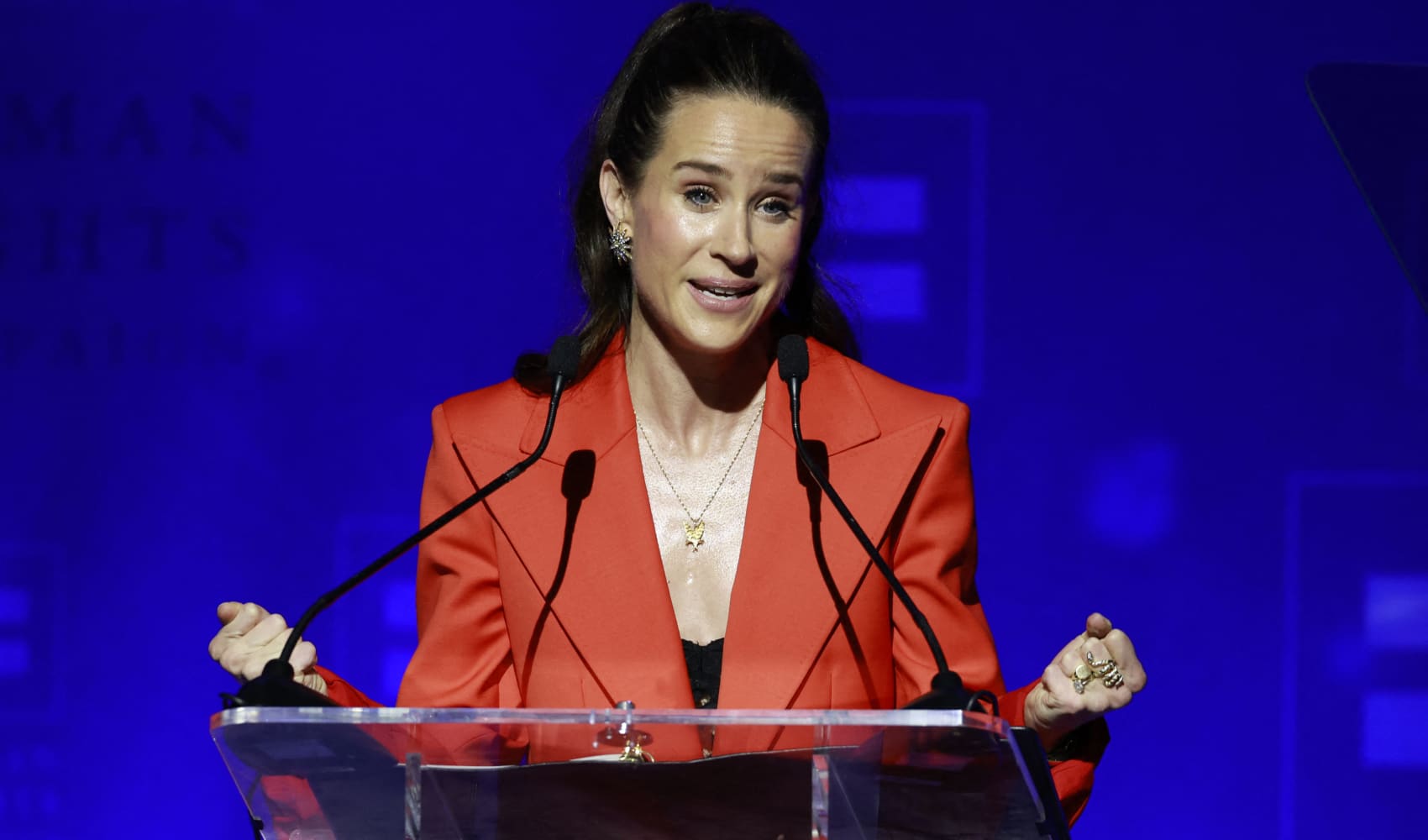
- The Federal Trade Commission announced this week that it would send thousands of checks totaling more than $822,000 to student loan borrowers who lost money in a debt-relief scheme.
- More than 14,500 consumers who paid money to a company that operated under the name Student Advocates will get a check.
The Federal Trade Commission announced this week that it would send thousands of checks totaling more than $822,000 to student loan borrowers who lost money in a debt-relief scam.
More than 14,500 consumers who paid money to a company that operated under the name Student Advocates will get a check, which they should cash within 90 days of receipt, according to the FTC.
The FTC brought a complaint against Student Advocates in September 2019, alleging that the company charged illegal upfront fees and lied to borrowers, saying their money would go toward their loans. Customers were also steered into high-interest loans and falsely promised lower payments, and in some cases, debt elimination.
Get San Diego local news, weather forecasts, sports and lifestyle stories to your inbox. Sign up for NBC San Diego newsletters.
"None of the money collected by the defendants was paid toward consumers' student loans," the FTC said in a statement Thursday.
Officials at Student Advocates did not respond to a request for comment made by CNBC via LinkedIn.
More from Personal Finance:
75% of families don't know a key date to get financial aid
Inflation drives college tuition prices higher
Would you be included in student loan forgiveness?
Money Report
Red flags: upfront fees, promises of 'immediate' results
There are more than 44 million student loan borrowers in the U.S., and the country's total outstanding loan balance is more than $1.7 trillion. The average student loan balance is around $30,000, up from $10,000 in the early 1990s, with many borrowers owing $100,000 or more. Repayment troubles are common.
For fraudsters, this is an opportunity for a scam, consumer advocates say.
Scammers increasingly promise borrowers student debt forgiveness and lower payments. They often request upfront fees for up to thousands of dollars for this "service," which is illegal, consumer advocates say.
"The Credit Repair Organizations Act of 1996 bans charging upfront fees for credit repair, such as student loan forgiveness, student loan consolidation and switching repayment plans," said higher-education expert Mark Kantrowitz.
Never respond to requests to share your federal student ID, except from your servicer or the government, Kantrowitz said.
Also be wary of any promises of "immediate" cancellation of your student debt, he added.
"As we all know, loan forgiveness is not that quick of a process," said Kantrowitz, citing one of the most popular — and real — programs. "Public Service Loan Forgiveness takes 10 years."
Look for legit resources for help with student loans
These scammers will often offer services that you could do yourself, online, in less than half an hour, advocates say.
For example, if you're struggling to meet your student loan payments, you might be able to switch into an income-driven repayment plan with your servicer.
Under the program, your monthly bills will be capped at a portion of your earnings. There are also economic hardship and unemployment deferments available. You can request these forms of relief for free at the Education Department's StudentAid.gov.
And remember that until at least the end of August, most federal student loan borrowers are off the hook from their payments, thanks to the pandemic-era policy that's been in effect since March 2022.
Consumers who receive a check from the FTC and who have questions about their refund should call the refund administrator, JND Legal Administration, at 877-540-0989, the commission said.






